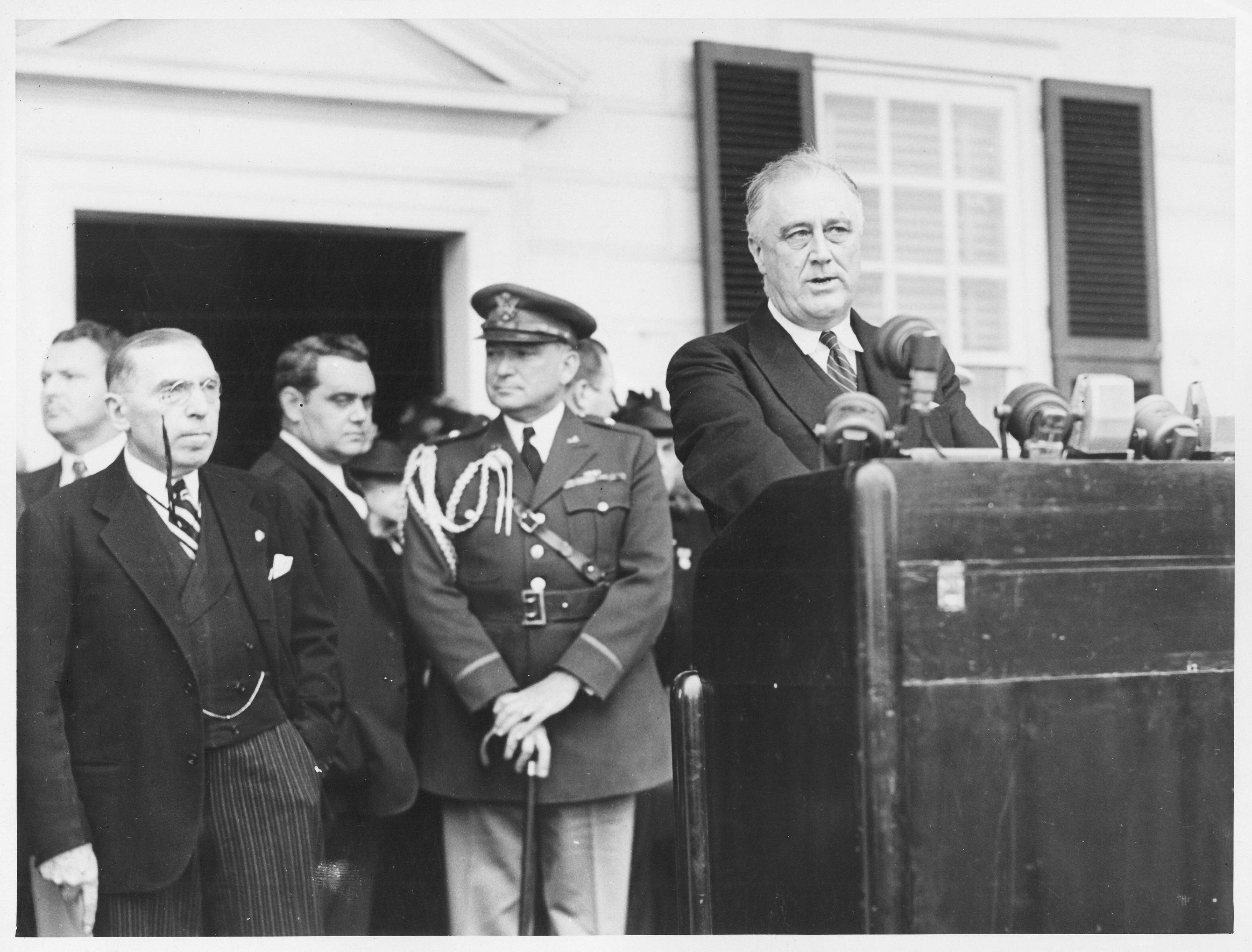Plan Your Visit

Things to Do
Where to Eat
Hours & Directions
Frequently Asked Questions
Accessibility
Group Reservations
Washington, D.C. Metro Area

Plan Your Visit
Discover the Home of George and Martha Washington
Discover the Home of George and Martha Washington
Open 365 days a year, Mount Vernon is located just 15 miles south of Washington DC.
The Estate


The Estate
There's So Much to See
There's So Much to See
From the mansion to lush gardens and grounds, intriguing museum galleries, immersive programs, and the distillery and gristmill. Spend the day with us!
George Washington

Youth
French & Indian War
Revolutionary War
Constitution
First President
Martha Washington
Slavery
Native Americans
Religion
Family

George Washington
Farmer, Soldier, Statesman, and Husband
Farmer, Soldier, Statesman, and Husband
Discover what made Washington "first in war, first in peace and first in the hearts of his countrymen".
Preservation


Preservation
Did You Know?
Did You Know?
The Mount Vernon Ladies Association has been maintaining the Mount Vernon Estate since they acquired it from the Washington family in 1858.
Education


Teachers and Students
For Your American History Class
For Your American History Class
Need primary and secondary sources, videos, or interactives? Explore our Education Pages!
Washington Library


Washington Library
The Library of the First President
The Library of the First President
The Washington Library is open to all researchers and scholars, by appointment only.


